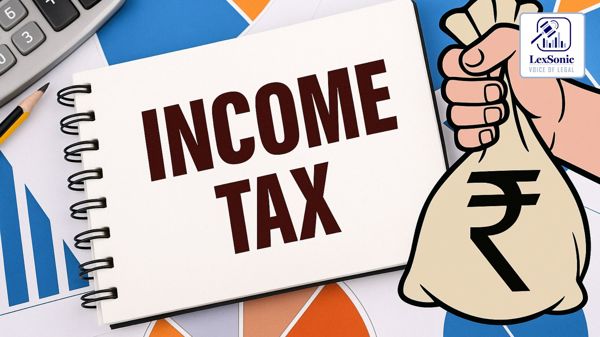Navigating Public Interest: Supreme Court’s Ruling on Disability Rights and Tax Provisions.
20 August 2024
Income Tax >> Tax Laws
In a significant recent ruling concerning Ravi Agrawal v/s Union of India & Another, the Supreme Court of India addressed a Public Interest Litigation (PIL) concerning the rights of individuals with disabilities and the implications of tax provisions under Section 80DD of the Income Tax Act, 1961. The petition sought the Court's intervention to enforce directives from the Central Information Commission and to challenge certain legislative provisions perceived as violating the rights of disabled persons.
Context of the Case:
The petitioner, represented by Mr. Partha Sil, requested the Court to mandate the execution of a decision made by the Central Information Commission in June 2019. The petition also aimed to invoke a prior Supreme Court judgment, urging necessary actions to uphold the rights of disabled individuals, particularly in terms of tax benefits. Additionally, the petitioner sought to annul a specific clause in the Income Tax Act that appeared to undermine the rights of persons with disabilities.

Key Legislative Changes:
The case highlighted recent amendments to Section 80DD of the Income Tax Act, which now allows individuals to claim deductions for expenses related to the medical treatment and maintenance of dependents with disabilities. The amendment, effective from April 1, 2023, notably included provisions for receiving payments upon the individual’s death or upon reaching the age of 60, aiming to provide greater financial security for disabled dependents.
Arguments Presented:
The petitioner argued that the amendment should be applied retrospectively to benefit existing policyholders, particularly those whose policies were initiated before significant changes in 2014. It was contended that this would ensure that many individuals could utilize their accumulated benefits for the care of disabled persons.
Conversely, the respondents, including senior counsels for the Union of India, opposed the notion of retrospective applicability. They argued that the purpose of Section 80DD was to safeguard the financial future of disabled individuals, emphasizing that allowing discontinuation of policies during the caregiver's lifetime would fundamentally conflict with this objective.
Court's Findings:
After carefully considering the submissions, the Court recognized the legitimate concerns underlying the petition. However, it concluded that granting retrospective effect to the amendments would undermine the very purpose of the policies designed to protect disabled individuals. The Court reiterated that insurance contracts are commercial agreements with specific terms that cannot be altered retrospectively.
The ruling also highlighted the importance of ensuring that the welfare of disabled persons remains paramount, affirming that the legislative changes adequately addressed the concerns raised by the petitioner, albeit prospectively.
Conclusion:
In its final disposition, the Supreme Court emphasized the need to maintain the integrity of social security mechanisms for disabled individuals while balancing legislative intent and contractual obligations. The decision illustrates the Court's commitment to protecting the rights of vulnerable populations while navigating the complexities of legal and fiscal frameworks.
This ruling serves as a critical reminder of the ongoing challenges and discussions surrounding disability rights in India, reinforcing the role of the judiciary in upholding fundamental rights and ensuring the welfare of all citizens.
